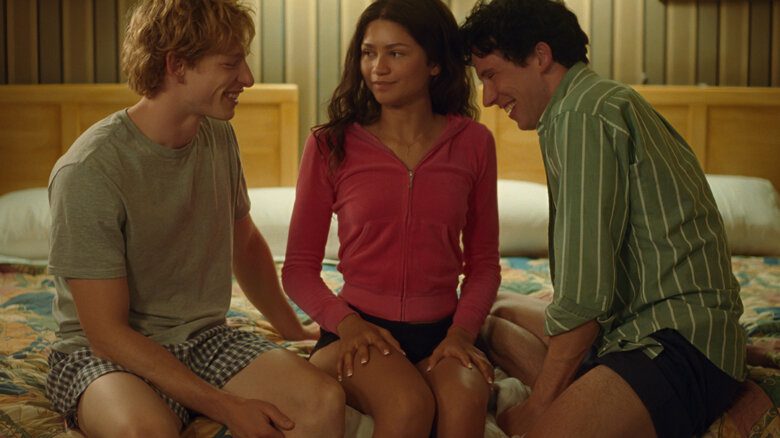It may seem odd that the much-acclaimed South African novel Disgrace by Nobel and Booker prize-winner JM Coetzee should be made into an Australian film but there is something surprisingly synergistic about the mix. Both countries have a messy and inchoate relationship with their racial pasts and a sense of desolation in their geographical extremes. But for screenwriter Anna-Maria Monticelli the story could be set in the Middle East or “anywhere that conflict exists.”
Born in Morocco, Monticelli is of Italian/Spanish heritage and moved with her family to Australia when she was a teenager. She turned her multicultural background into an award-winning film, La Spagnola. Based on the strength of that piece Coetzee gave the little-known actress the rights to adapt his novel; she produced the film herself with husband Steve Jacobs as director.
Initially the setting of Disgrace does not seem to matter; it plays like the tragedy of a ridiculous man. English professor David Lurie (John Malkovich) is dismissed from a Cape Town university and “disgraced’’ after an affair with a student. He leaves the city to visit his lesbian daughter, Lucy, who lives as a homesteader. His relationship with her is tense and strained, but the retreat to the Eastern Cape has a calming influence on him as he volunteers with a local vet and settles into rural life.
The peace is short-lived when he is forced to come to terms with a brutal attack on the farm in which his daughter is raped and impregnated and he is assaulted, unable to help her. She refuses to prosecute her attackers, even when her neighbour takes one of them in.
The journey to some measure of redemption and acceptance brings out the dominant themes of the novel, tied to the culture and tensions of post-apartheid South Africa. But the film has a hard time shaking the literary dust off its ideas. Monticelli says that she did not involve herself in the politics, but focused on what she calls the “human story of sex, desire and belonging.” But Lucy’s decision to not seek retribution and to have a baby is a political one. Both father and daughter are difficult for an audience to relate to and understand. Some scenes, like professor Lurie supplicating himself to the family of the student that he seduced, work in a novelistic setting but don’t play out well on film.
The lead performances are strong. Arrogance and indifference come naturally to Malkovich but he reveals a much wider pallet of emotion after the violence and his humanity begins to peek out. Jessica Haine’s Lucy is the hero of the piece and she brings a good deal of passion to the role.
Lucy, says Monticello, is “the one who understands what needs to be done in order to progress in her country.” But it’s a difficult pill for the audience to swallow. Her compliance seems like surrender. A third major character, Petrus, the coowner of Lucy’s land, is maddeningly elliptical, a novelistic device of representation — as a black African — rather than a fully fleshed out character.
In filmmaking fidelity to a novel can be a double-edged sword. Something is lost in translation and Disgrace has a lot of unresolved feelings lying beneath the surface. Film requires that you show and not tell, and that’s where this adaption runs into some difficulty.
 Why you can trust Xtra
Why you can trust Xtra


